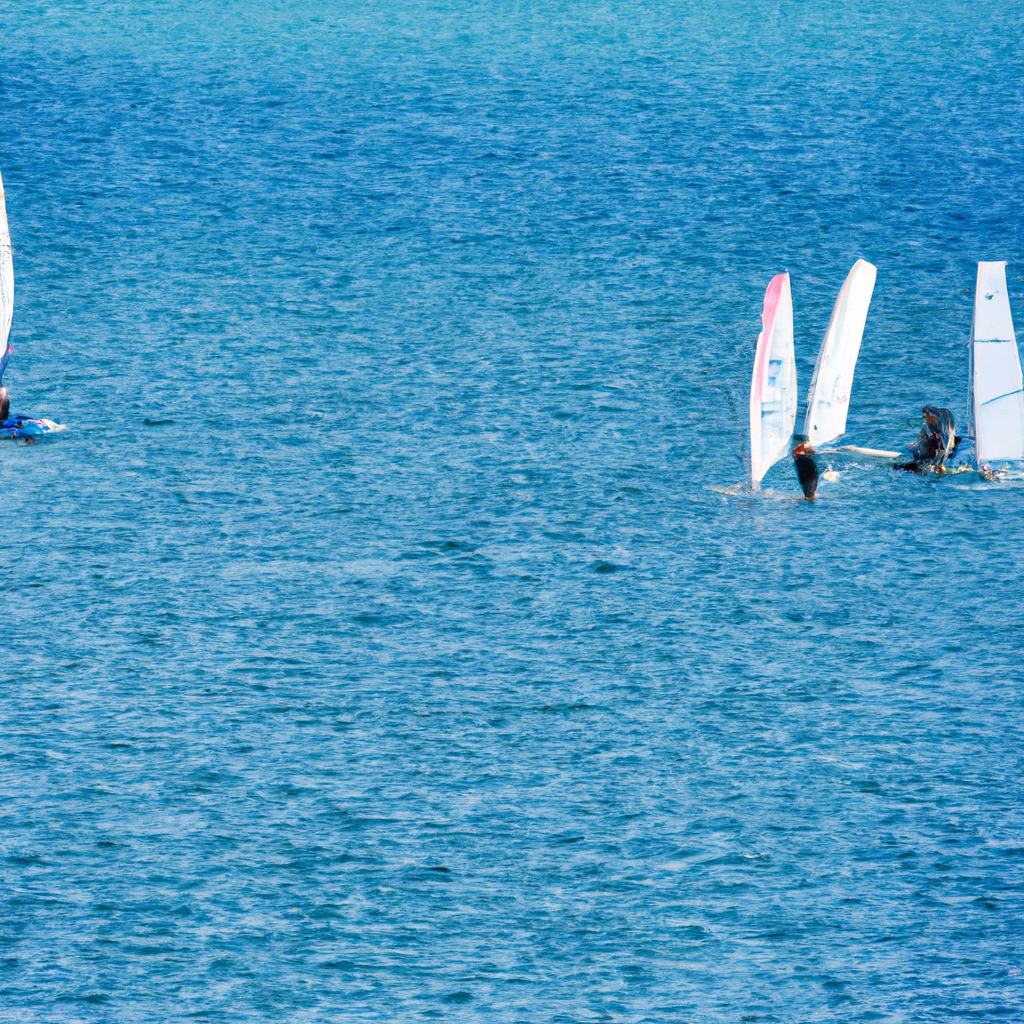Sailing towards a Green Future: Promoting Sustainability in Nautical Sports

Nowadays, there is a growing awareness about the importance of sustainability in all aspects of our lives. One of the fields where this awareness is becoming more relevant is in nautical sports. The intrinsic relationship between these sports and the aquatic environment makes their environmental impact a matter of utmost importance. Therefore, it is essential that water sports adopt sustainable practices to minimize their ecological footprint and contribute to the protection of our oceans and rivers. In this article, we will explore the importance of sustainability in water sports, how water sports are adopting sustainable practices, the environmental impact of water sports and what can be done to improve, and finally, we will discuss some strategies to promote sustainability in this exciting field.
- 1. "The importance of sustainability in water sports"
- 2. "How water sports are adopting sustainable practices"
- 3. "Water sports and their impact on the environment: How can we improve?"
- 4. "Strategies to promote sustainability in water sports"
1. "The importance of sustainability in water sports"
Sustainability in water sports is a fundamental aspect that should not be underestimated. It is essential to preserve marine and aquatic ecosystems, which are the setting for these activities and which directly suffer the consequences of unsustainable practices. Furthermore, without sustainable management, future generations may not be able to enjoy these sports as we do today. Sustainability in water sports not only involves the adoption of green practices, such as the use of environmentally friendly boats and equipment, but also the promotion of environmental awareness among participants and spectators. This includes education about the importance of water conservation, protecting marine life and fighting pollution. Therefore, sustainability not only ensures the longevity of water sports, but also contributes to a healthier planet.
2. "How water sports are adopting sustainable practices"
Water sports are adopting sustainable practices in a variety of ways. For example, many sailing clubs are implementing zero waste policies, promoting recycling and plastic waste reduction at their facilities and events. In addition, equipment and boat manufacturers are increasingly looking for more sustainable and less environmentally harmful materials, such as those derived from carbon fiber or recycled materials. The use of renewable energy, such as solar or wind, is also being promoted for the operation of vessels and supporting infrastructure. Likewise, education and awareness programs are being implemented to promote greater environmental responsibility among participants in these sports.
3. "Water sports and their impact on the environment: How can we improve?"
Water sports, while promoting a healthy lifestyle and appreciation of nature, can have a significant impact on the environment. Motor boats contribute to CO2 emissions, ship waste can pollute waterways, and marine life can be disturbed by human activities. However, there are several ways to improve and mitigate these impacts. First, we can opt for low-impact water sports, such as kayaking or paddle surfing, instead of motorized activities. Additionally, it is essential to ensure that you do not leave debris in the water. Finally, athletes can contribute to the protection of marine life by maintaining a safe distance from animals and avoiding sensitive areas. By adopting these practices, we can enjoy the beauty and excitement of water sports in a sustainable way.
4. "Strategies to promote sustainability in water sports"
There are various strategies to promote sustainability in water sports. Firstly, the use of ecological equipment and boats, made with recycled or renewable materials, and that are energy efficient, can be promoted. Secondly, education and awareness programs can be implemented for athletes, coaches and spectators, focused on the protection of the marine and coastal environment. Recycling and cleaning of sports practice areas can also be encouraged, with the active participation of the nautical community. Another strategy could be the holding of sustainable events and competitions, which minimize their environmental impact, for example, through waste reduction, the use of renewable energy and offsetting the carbon footprint. Finally, it is important that nautical sports institutions adopt sustainable policies and commit to complying with environmental regulations.
